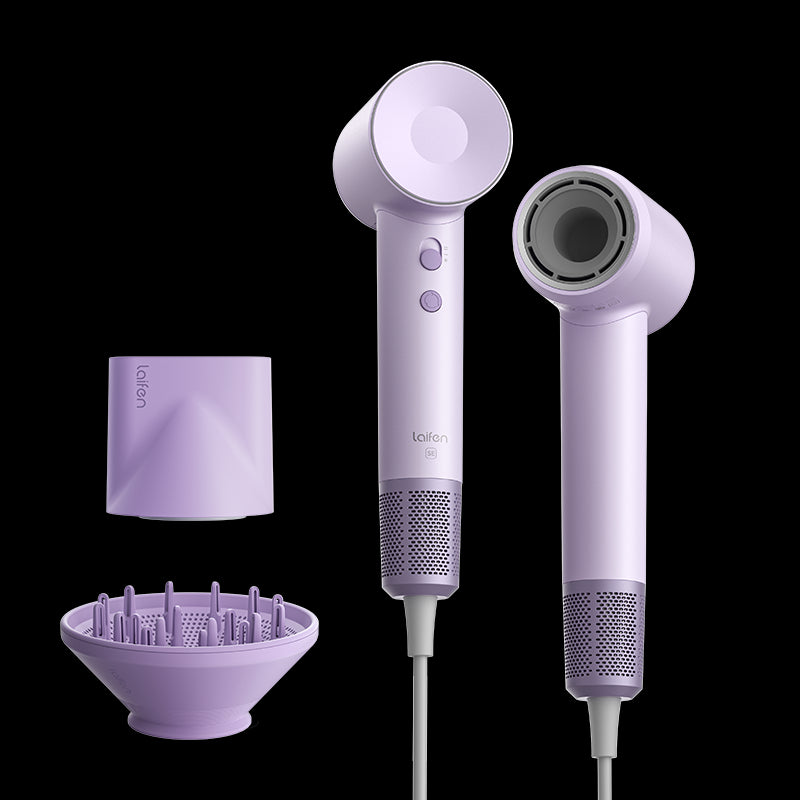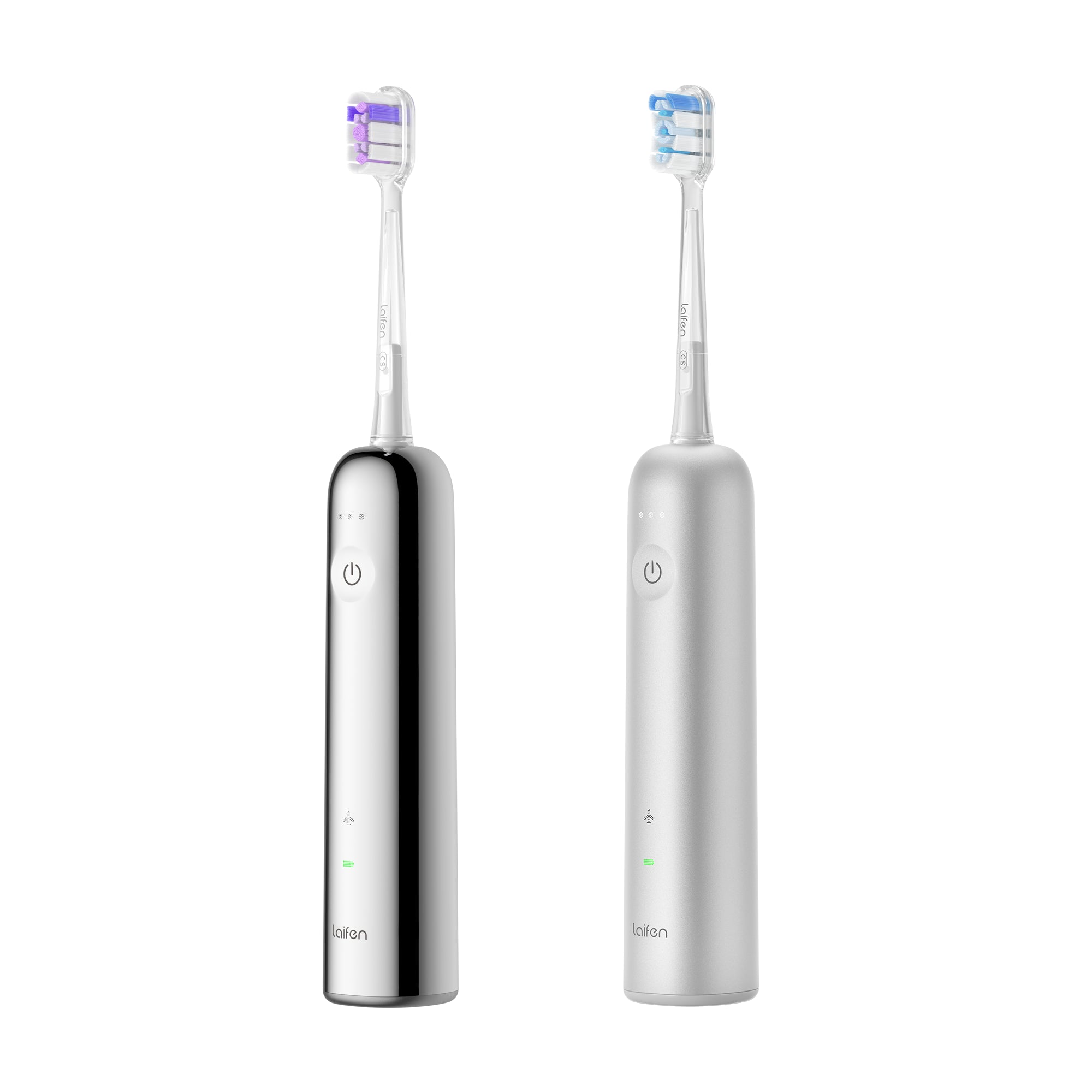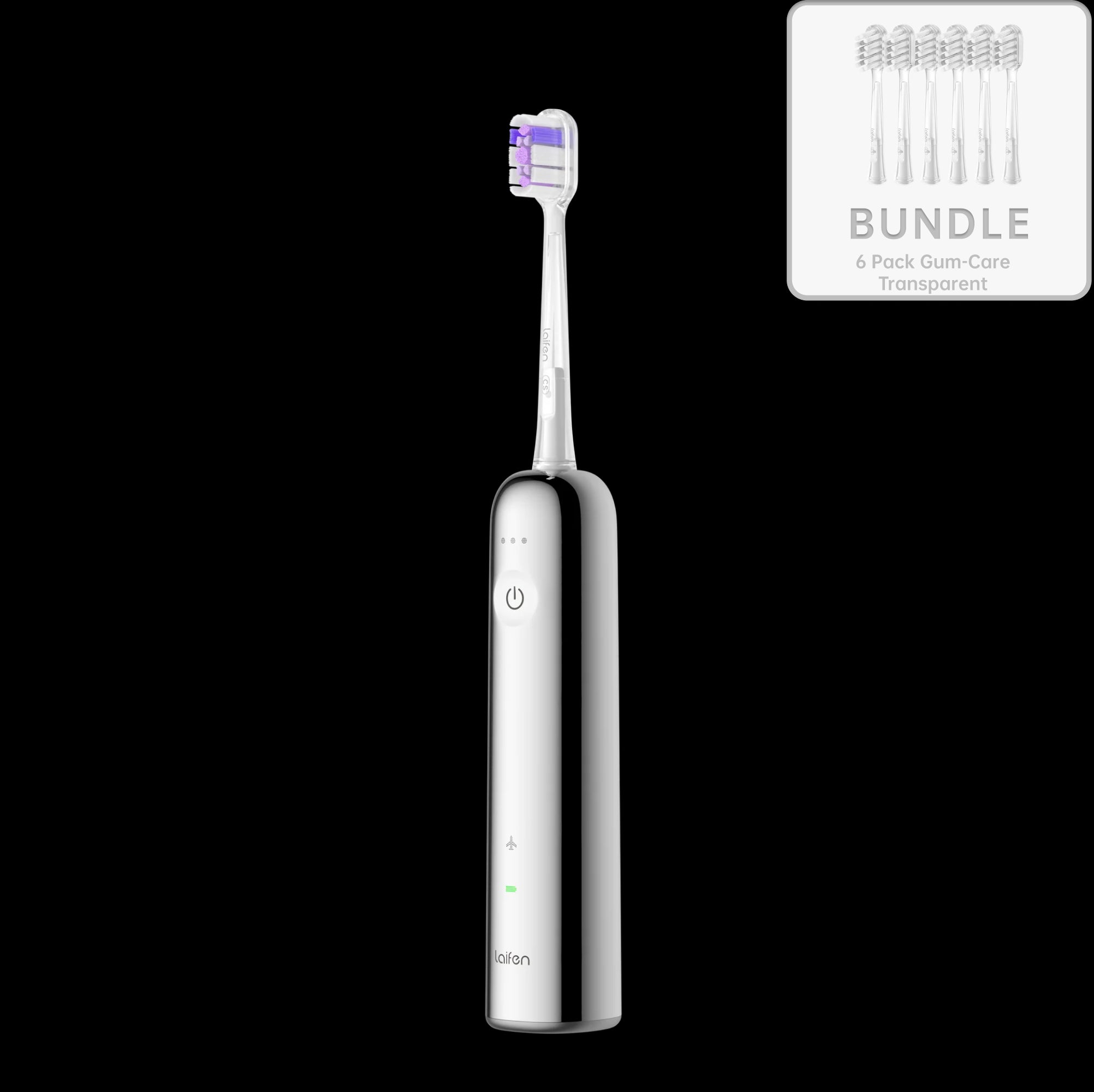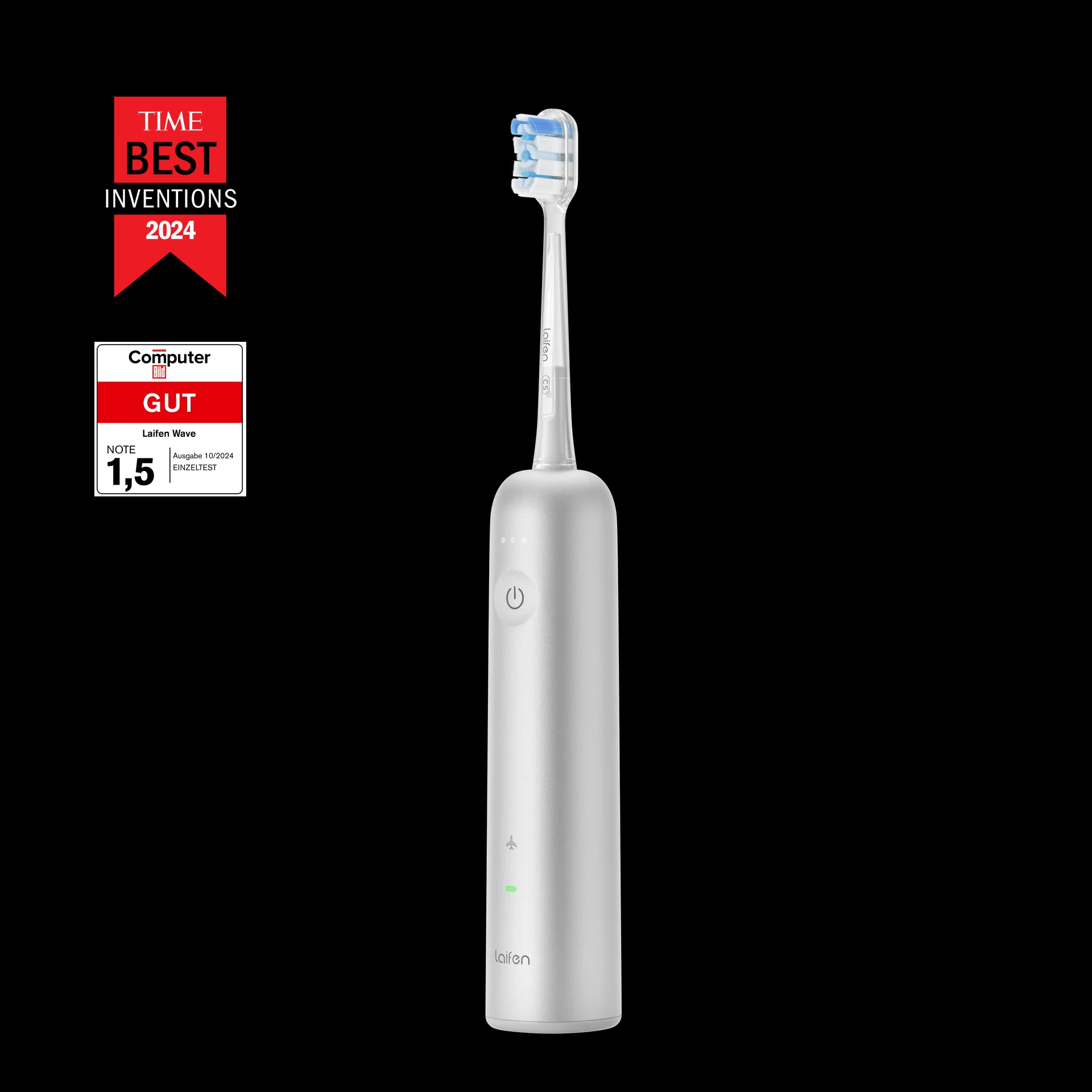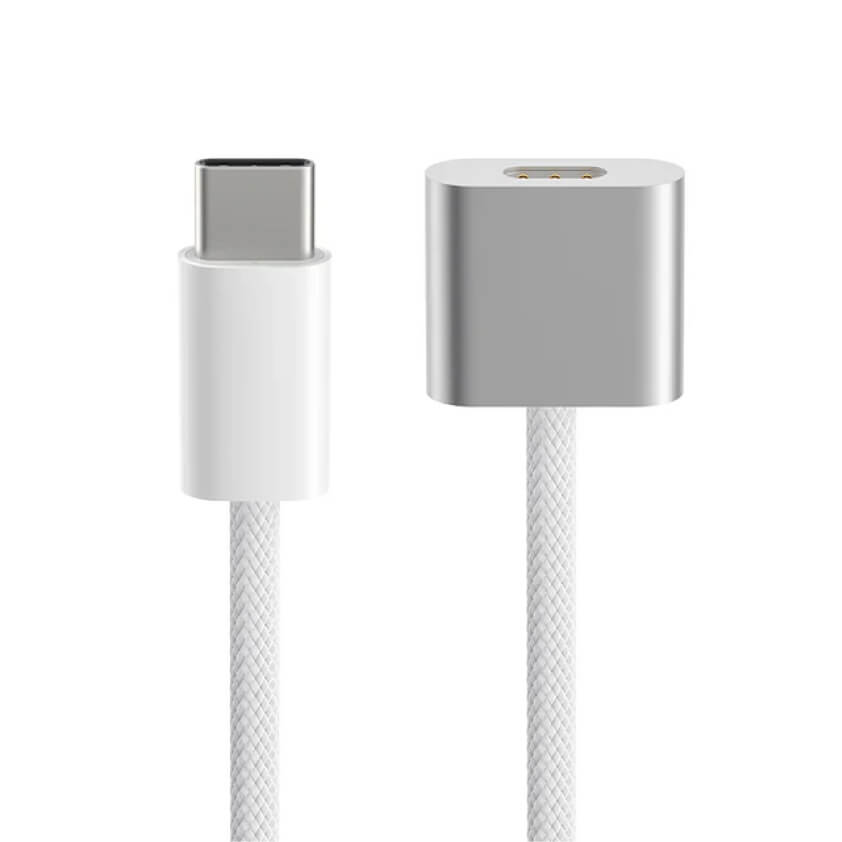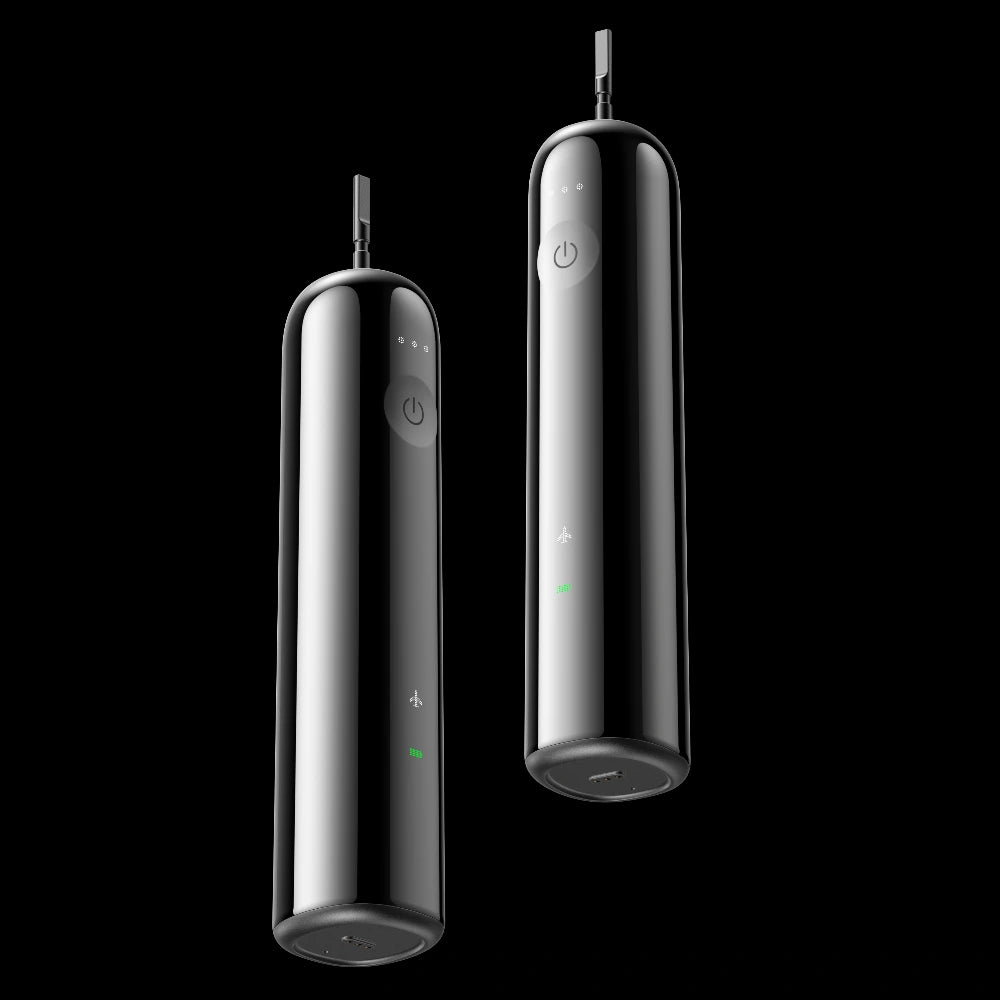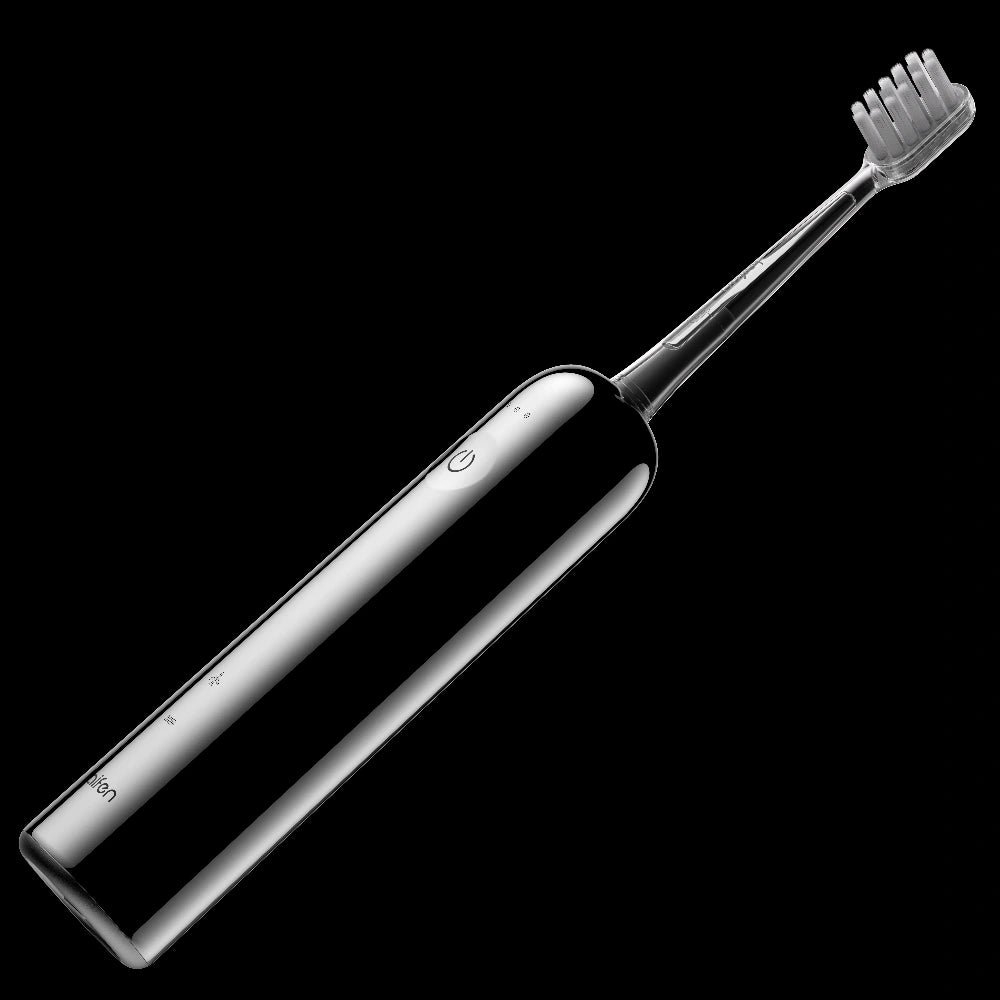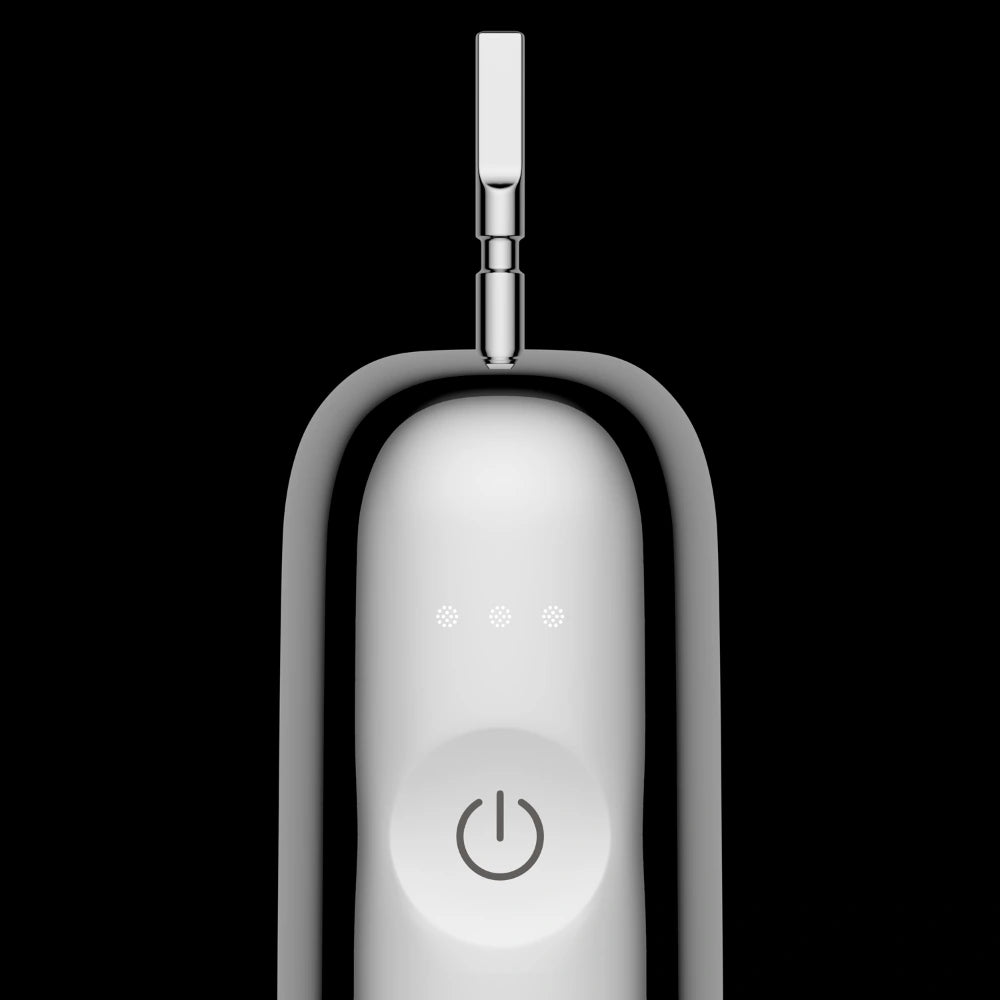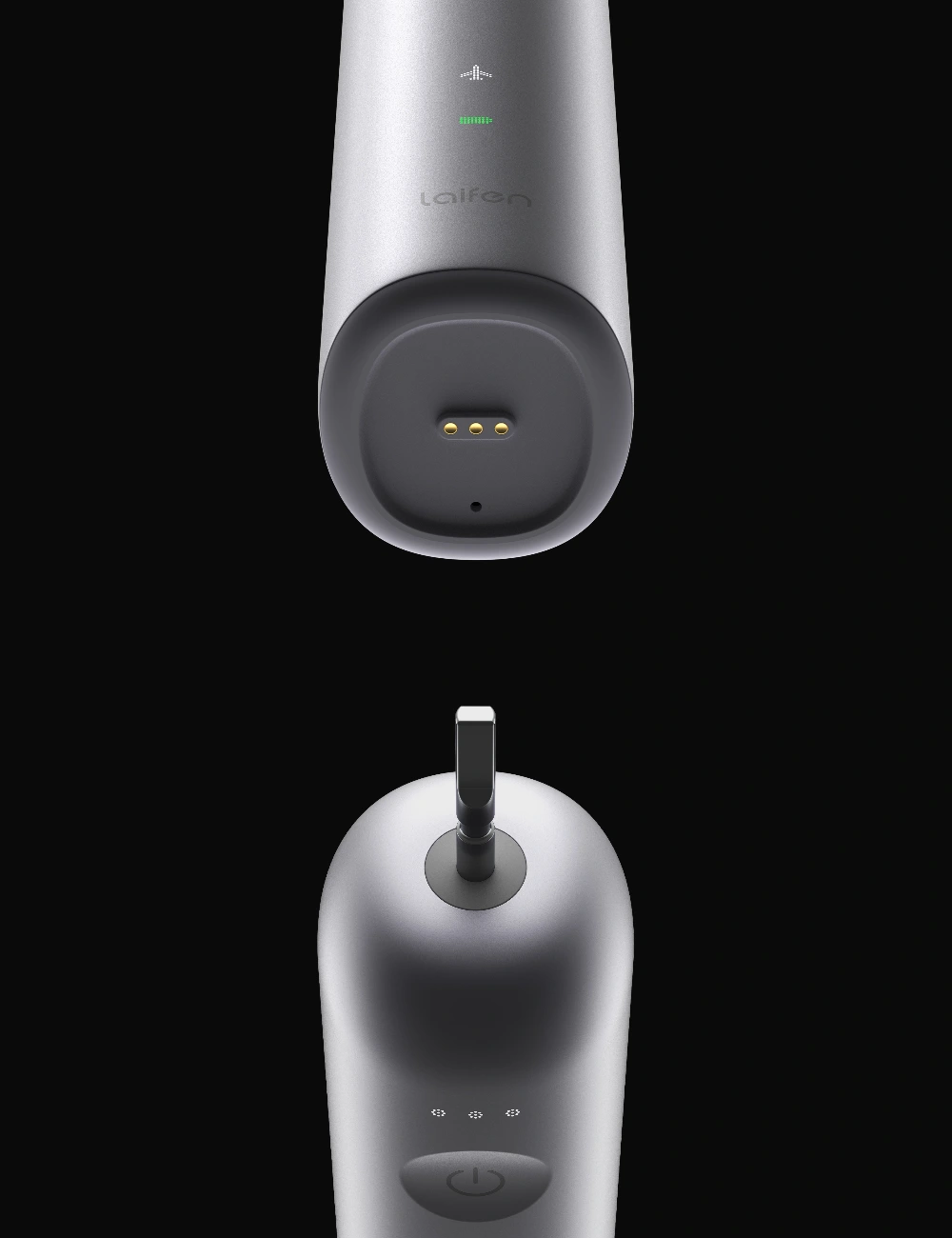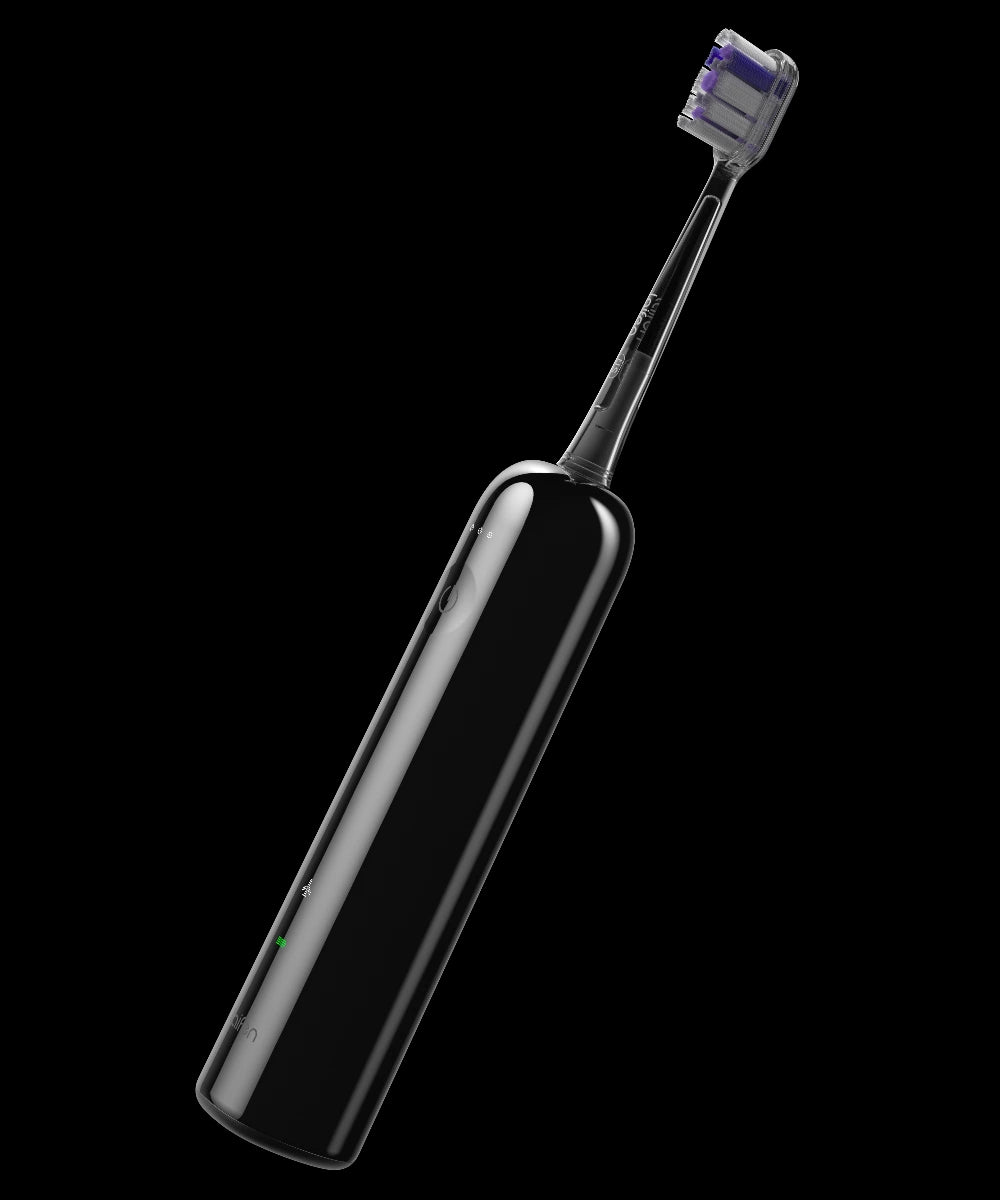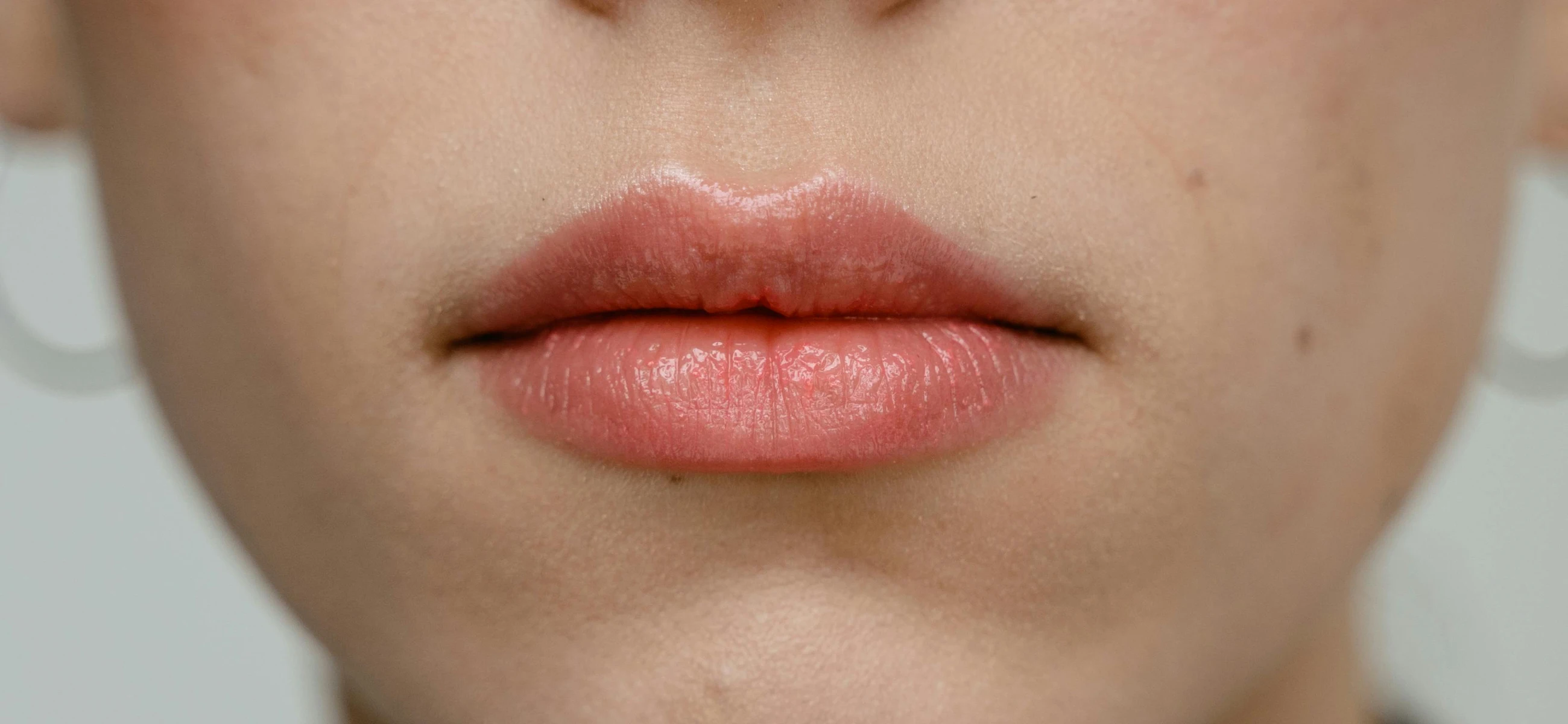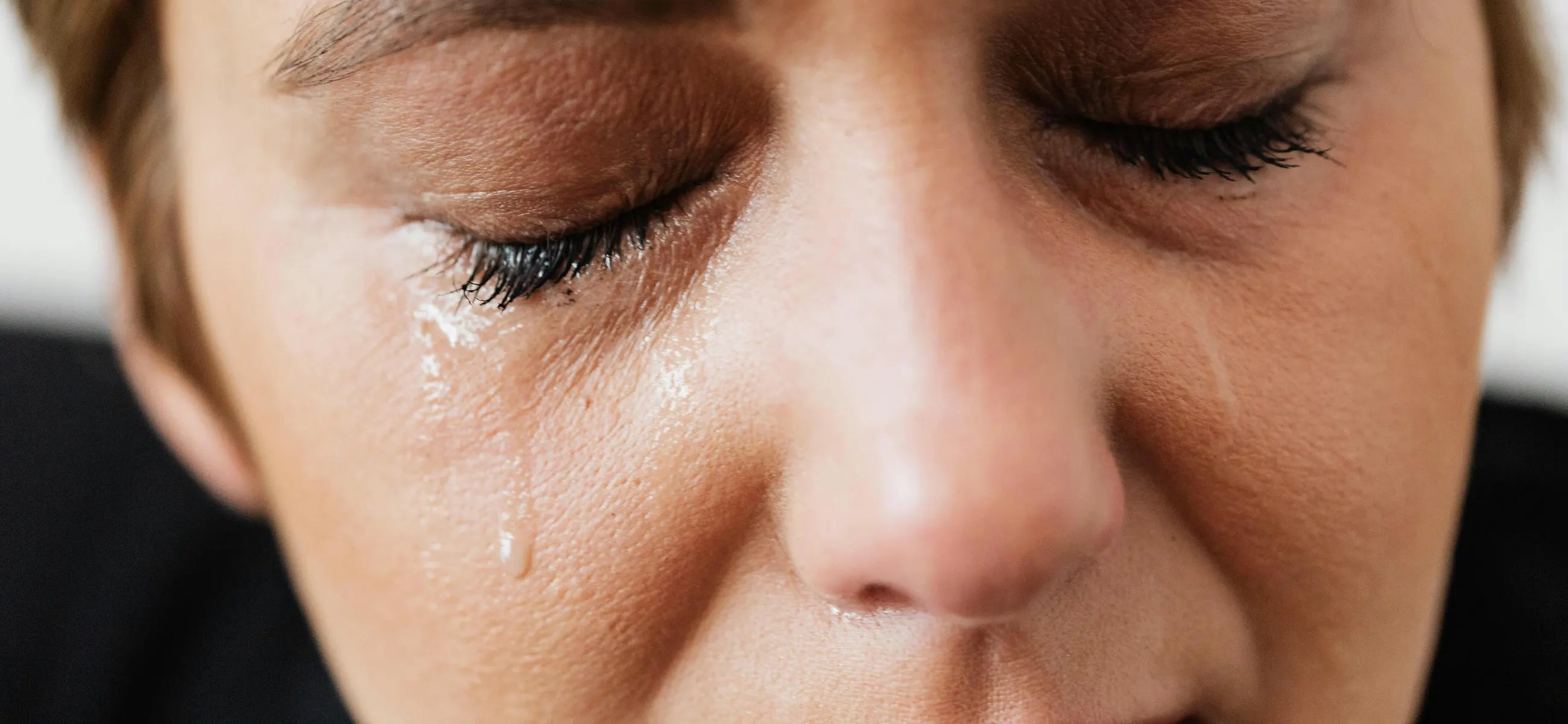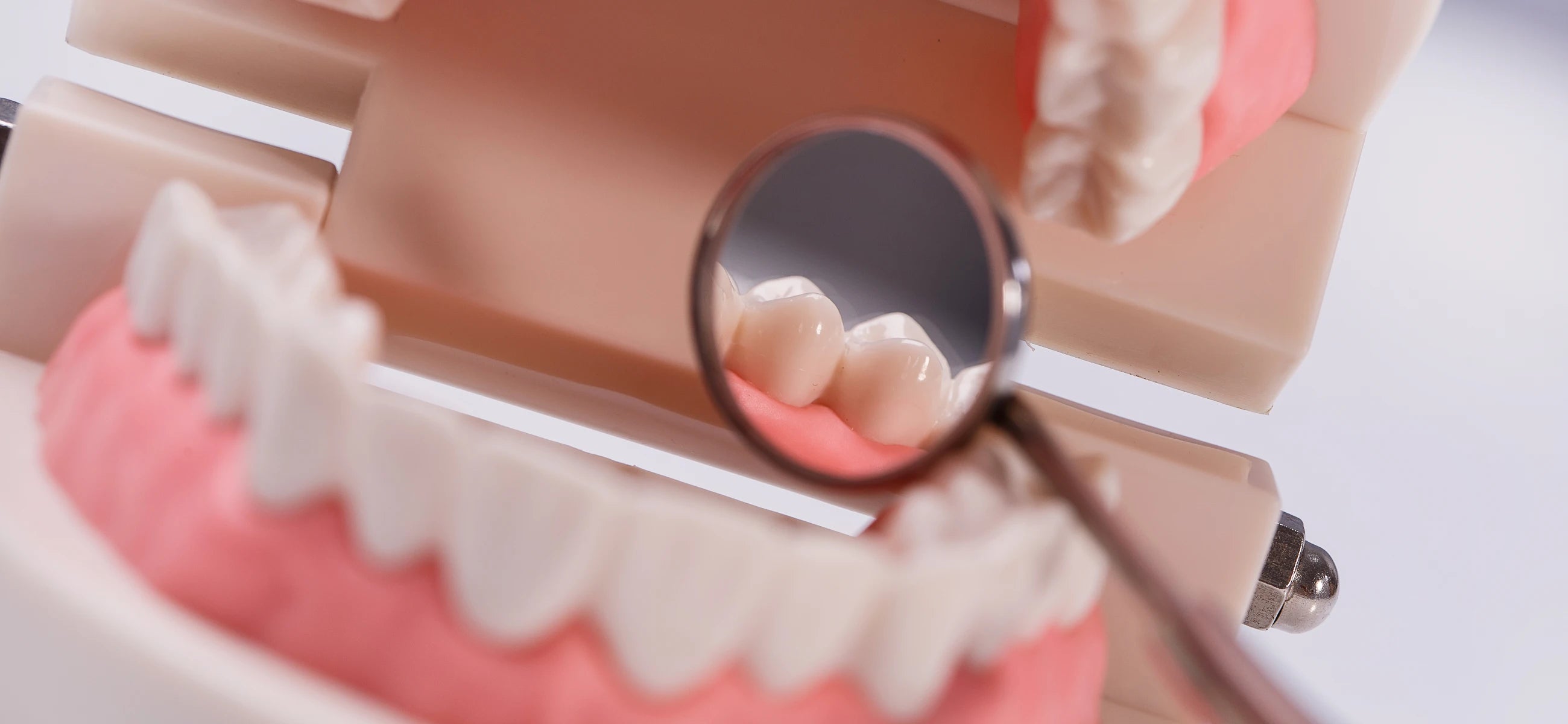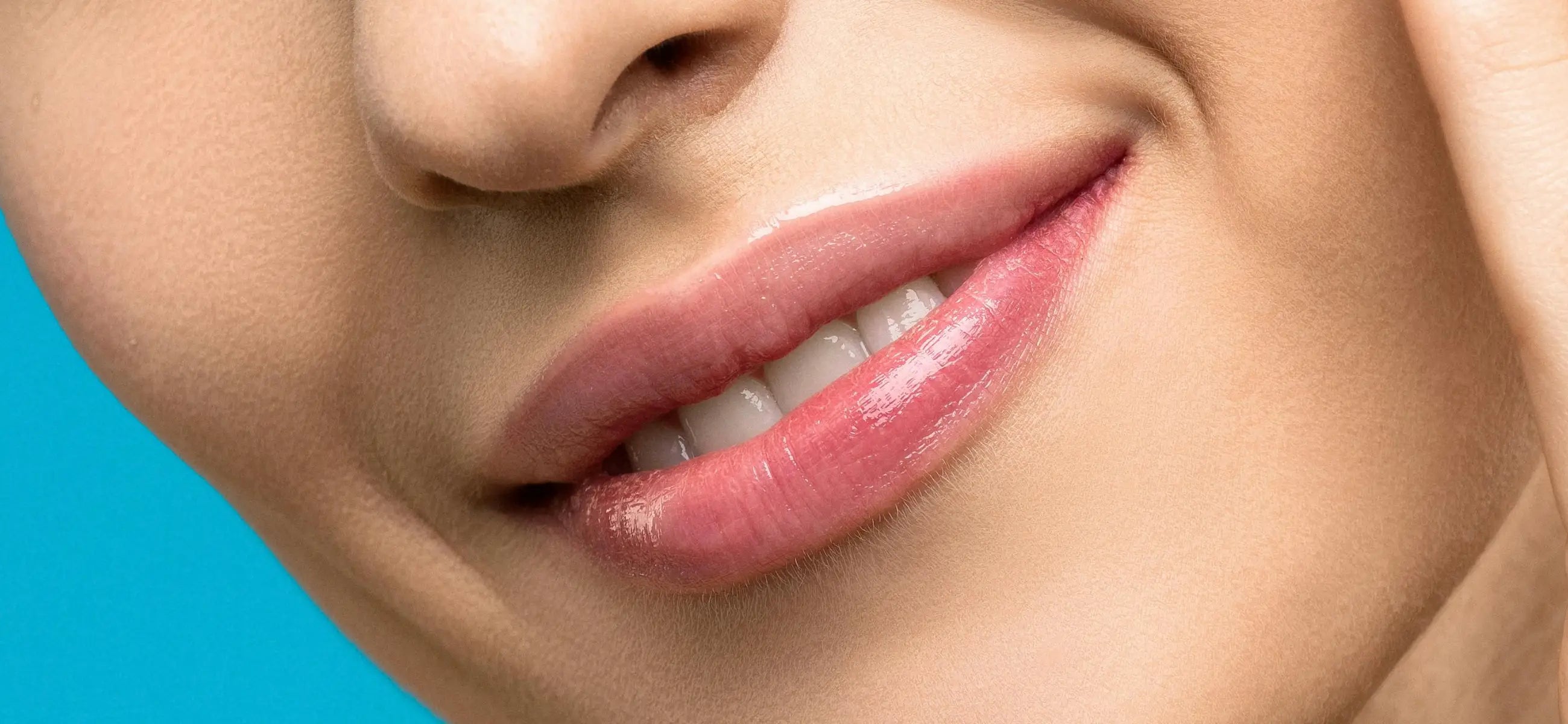
In this article
Do you know hydrogen peroxide is gaining popularity as a mouth rinse for its ability to kill bacteria, whiten teeth, and freshen breath? Many turn to it as a natural alternative to commercial mouthwashes.
What's intriguing is its versatility – from treating oral infections to aiding in teeth whitening, it offers a range of benefits. However, caution is advised as excessive use can lead to oral irritation. Bingo! You can know more details like definition and alternatives to such product in the following.
What is hydrogen peroxide?
Hydrogen peroxide is a chemical compound composed of hydrogen and oxygen (H2O2). It's a mild antiseptic and oxidizing agent commonly used for various purposes, including disinfection, bleaching, and as a mouth rinse.
In terms of common price, hydrogen peroxide is inexpensive, with a bottle of standard-strength solution (around 3%) costing between $1 to $3 in most stores.
Can you rinse your mouth out with peroxide?
Yes, you can rinse your mouth out with hydrogen peroxide, but you need to do so cautiously and in moderation. Many put hydrogen peroxide into their oral hygiene routines due to its antibacterial properties and potential teeth-whitening benefits.
Some have said positive experiences, noting fresher breath and improved gum health after rinsing with diluted hydrogen peroxide. However, you should follow proper dilution instructions to avoid irritation or damage to oral tissues.
Is it safe to rinse the mouth with hydrogen peroxide?
Rinsing the mouth with hydrogen peroxide can be safe when done correctly and in moderation like what we said.
You may need to dilute hydrogen peroxide with water to a safe concentration, around 3%, to avoid irritation or damage to oral tissues. Do not to swallow hydrogen peroxide, as ingesting concentrated solutions can be harmful.
While many people use hydrogen peroxide as a mouth rinse for its antibacterial properties and potential teeth-whitening effects, you'd better use it cautiously.
How often you can rinse your mouth with hydrogen peroxide?
It's recommended to rinse with hydrogen peroxide no more than once a day. Overuse of hydrogen peroxide as a mouth rinse can lead to potential side effects and consequences. These may include irritation or burning of oral tissues, such as the gums and tongue, due to the abrasive nature of hydrogen peroxide.
Furthermore, prolonged or frequent use of hydrogen peroxide may result in damage to tooth enamel, and thus increasing the risk of tooth sensitivity, decay, or erosion over time.
Does rinsing with peroxide help mouth sores?
A mouth sore is a painful lesion or sore that develops inside the mouth. These sores can occur on the gums, tongue, inner cheeks, lips, or palate and may be caused by various factors, including injury, irritation, infection, or underlying health conditions. Common types of mouth sores include canker sores (aphthous ulcers), cold sores (fever blisters), and oral thrush (yeast infection).
[See also: Canker sores vs. cold sores]
[See also: Home remedies for canker sores]
Hydrogen peroxide can surely help alleviate mouth sores due to its antiseptic properties. When diluted with water to a safe concentration (around 3%), hydrogen peroxide can effectively kill bacteria and reduce the risk of infection in the affected area.
It's important to note that while hydrogen peroxide may help alleviate symptoms and promote healing of mouth sores, it should be used cautiously and in moderation. Overuse or improper dilution of hydrogen peroxide can lead to irritation or damage to oral tissues, exacerbating the problem.
4 alternatives to peroxide
Luckily. There are four alternatives to hydrogen peroxide for treating mouth sores and other diseases in the last part.
-
Saltwater rinse: You can try to mix a teaspoon of salt in a glass of warm water and use it as a mouth rinse. As we know, saltwater helps soothe mouth sores, reduce inflammation, and promote healing.
-
Baking soda rinse: In this case, try to dissolve a teaspoon of baking soda in a glass of warm water and use it as a mouth rinse.
-
Aloe vera gel: Or, you can apply pure aloe vera gel directly to the mouth sore. Aloe vera has soothing and healing properties that can help reduce pain and inflammation associated with mouth sores.
-
Over-the-counter oral pain relievers: You can use over-the-counter oral pain relievers, such as topical gels or creams containing benzocaine or lidocaine, to numb the area around the mouth sore and alleviate discomfort.


